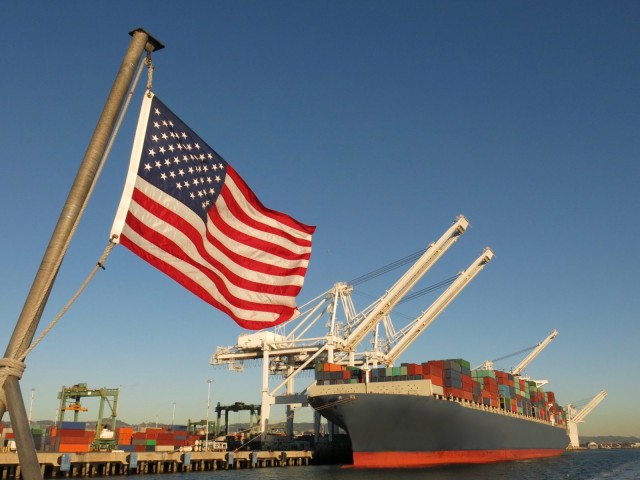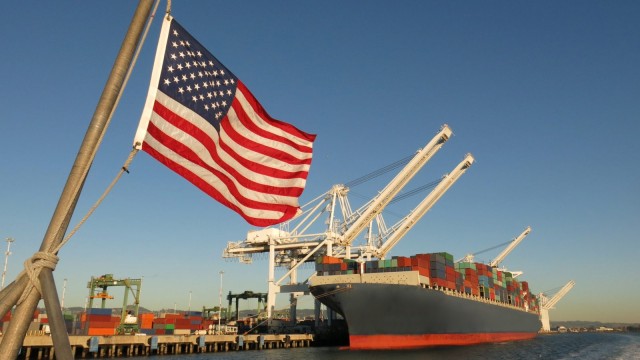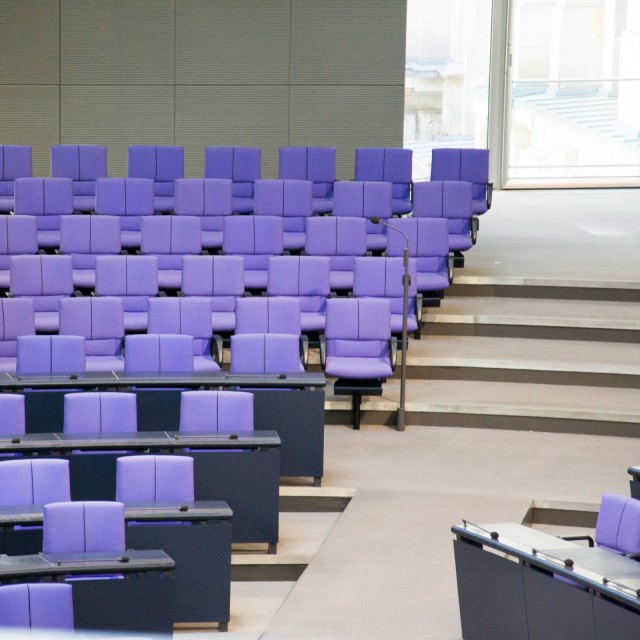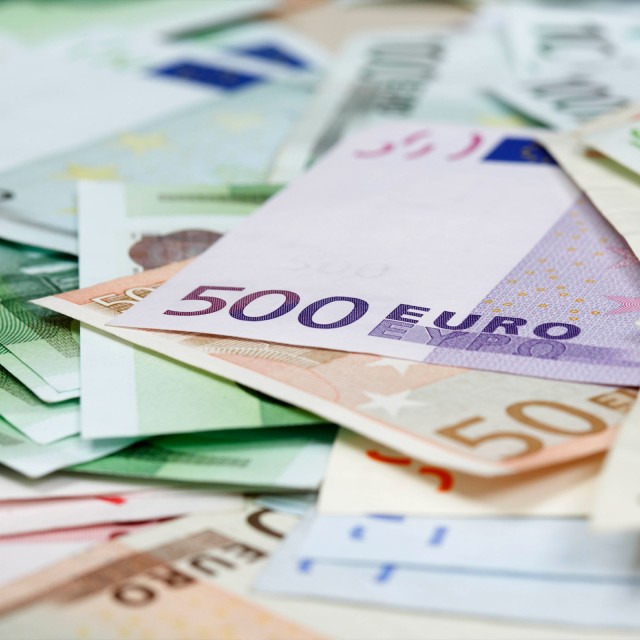April 17, 2025
„We are not in Kansas anymore”!
Trump is sawing off the branch on which the U.S. economy sits.


Some might wonder about the title of today's editorial. The quote is from the film "The Wizard of Oz" (1938) and is nowadays a common saying in the U.S. "We're not in Kansas anymore", said the protagonist Dorothy to her dog Toto when she found herself in the magical land of Oz instead of the Midwestern United States. In other words, she was in a completely new, unfamiliar world. This is precisely how we feel now, as Donald Trump has brutally chased globalization away with his tariff spree. Or, as a blogger recently put it: Now we economists know how scientists felt when Trump recommended injecting bleach during the pandemic.
Concerning the U.S. tariffs and their absurd justification, essentially everything has been said. The same goes for the extreme volatility and sell-off in the stock markets. At this point, I will focus on the thought of how bizarre it is that Trump wants to tear down the system from which his country has benefited so greatly over the decades.
The exorbitant privilege of the world reserve currency
At the center stands the status of the dollar as the world reserve currency. The dollar is the globally preferred currency for international transactions or for maintaining financial assets' stability, such as currency reserves. This brings privileges. Firstly, the high global demand for a reserve currency makes borrowing in this currency cheaper, both for the government, companies, and households. Additionally, the reserve currency allows easy financing of current account deficits, giving the country significantly more room for consumption and investment than domestic production would justify. Furthermore, monetary policy flexibility is superior to that of other countries' central banks. This enables an effective response to financial and other crises. Recently, this flexibility was observed during the financial crisis and the pandemic: The Fed granted other central banks, including the ECB, dollar liquidity lines. It was once again clear who holds the power.
Valéry Giscard d'Estaing, former French finance minister and later president of France, coined the term "exorbitant privilege" for the U.S. in 1965 out of envy. He criticized that this privilege disadvantaged other countries. Donald Trump now sees this exactly the opposite way: He claims that all other countries have been looting, pillaging, raping, and plundering the U.S. over the decades (his words, not mine).
In my perception, Trump's litany about alleged trade barriers borders on paranoia. Apparently, all laws and decrees in Europe exist for the sole purpose to maliciously cheat on America.
Savings in the U.S. are too low
Fundamentally, the U.S. trade deficit reflects to a large extent a lack of willingness to bring domestic savings into line with domestic investment. America is living beyond its means and has done so for a long time. The savings of the more frugal rest of the world are supporting this lifestyle. Figure 1 shows that the savings rate in the U.S. has stagnated at a low level for decades. Countries that invest more than their own savings can finance inevitably record a deficit in foreign trade. It is a matter of an accounting identity. And, of course, the spendthrift behavior of the government itself is not exactly helpful. The humongous government deficit indicates massive dissaving by the government. Year after year, independent of the president’s political affiliation (see Figure 2). Instead of raging so belligerently against the rest of the world, Trump should first clean up his own backyard.
Fig. 1: National savings rate
% of GDP
⬤ {series.name}: {point.y}
NB: Global savings rate 2024 = 26.4%
Fig. 2: Budget balance
% of GDP
⬤ {series.name}: {point.y}

Instead of raging so belligerently against the rest of the world, Trump should first clean up his own backyard.
Download To the point!
This publication is addressed exclusively at recipients in the EU, Switzerland, Liechtenstein and the United Kingdom. This report is not being distributed by LBBW to any person in the United States and LBBW does not intend to solicit any person in the United States. LBBW is under the supervision of the European Central Bank (ECB), Sonnemannstraße 22, 60314 Frankfurt/Main (Ger many) and the German Federal Financial Supervisory Authority (BaFin), Graurheindorfer Str. 108, 53117 Bonn (Ger many) / Marie-Curie-Str. 24-28, 60439 Frankfurt/Main (Germany). This publication is based on generally available sources which we are not able to verify but which we believe to be reliable. Nevertheless, we assume no liability for the accuracy and completeness of this publication. It conveys our non-binding opinion of the market and the products at the time of the editorial deadline, irrespective of any own holdings in these products. This publication does not replace individual advice. It serves only for informational purposes and should not be seen as an offer or request for a purchase or sale. For additional, more timely in-formation on concrete investment options and for individual investment advice, please contact your investment advisor. We retain the right to change the opinions expressed herein at any time and without prior notice. Moreover, we retain the right not to update this information or to stop such updates entirely without prior notice. Past performance, simulations and forecasts shown or described in this publication do not constitute a reliable indicator of future performance. The acceptance of provided research services by a securities services company can qualify as a benefit in supervisory law terms. In these cases LBBW assumes that the benefit is intended to improve the quality of the relevant service for the customer of the benefit recipient. Additional Disclaimer for recipients in the United Kingdom: Authorised and regulated by the European Central Bank (ECB), Sonnemannstraße 22, 60314 Frankfurt/Main (Germany) and the German Federal Financial Supervisory Authority (BaFin), Graurheindorfer Str. 108, 53117 Bonn (Germany) / Marie-Curie-Str. 24-28, 60439 Frankfurt/Main (Germany). Deemed authorised by the Prudential Regulation Authority. Subject to regulation by the Financial Conduct Authority and limited regulation by the Prudential Regulation Authority. Details of the Temporary Permissions Regime, which allows EEA-based firms to operate in the UK for a limited period while seeking full authorisation, are available on the Financial Conduct Authority’s website.



